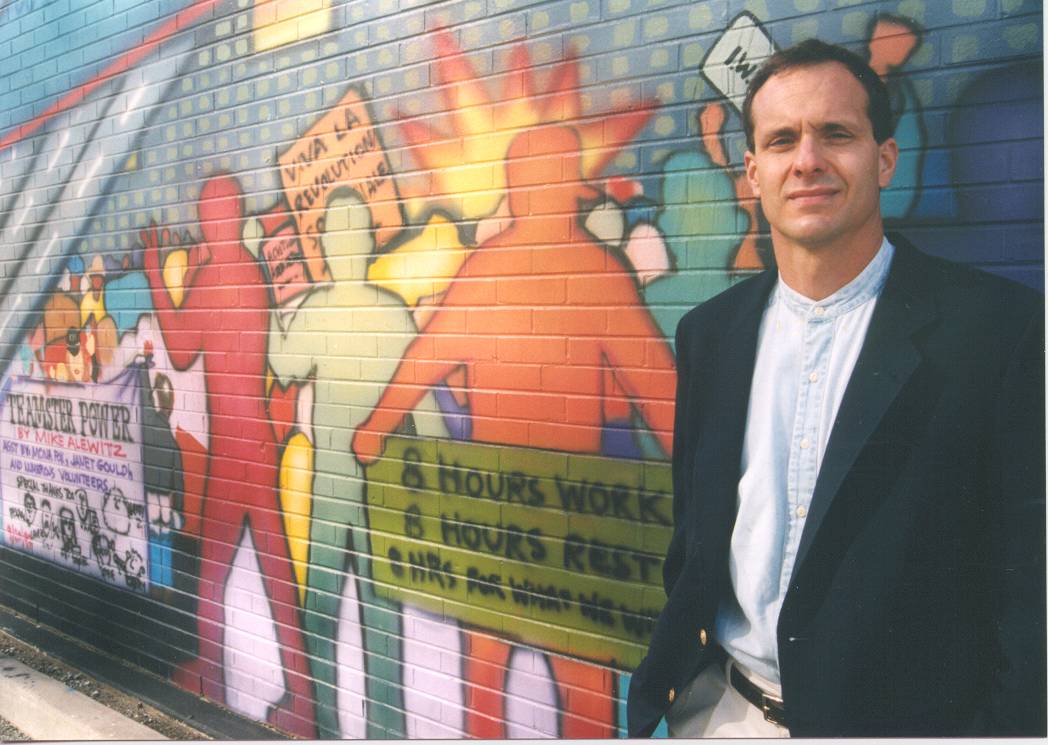Justified by WorkIdentity and the Meaning of Faith in Chicago’s Working-Class ChurchesRobert Anthony Bruno |
 Sep 2008 History/American; American Studies 273 pp. 6x9  $50.95 paper 978-0-8142-5134-8 Add paper to shopping cart Shopping Cart Instructions Review/Change Shopping Cart & Check-out | |||
|
“The upshot is not only that a serious gap exists between the rhetoric of organized religion and how ordinary people live, but also that working-class women and men have crafted a more vital faith for themselves than institutions offer—one that provides an identity and gives life meaning. This work will be of value to a wide range of readers in urban studies, religion, labor, and sociology.” —Choice “Robert Bruno has written a sensitive and empathetic book . . . important . . . for any of us seeking to understand the nature of real working-class consciousness in the United States.” —Labor Studies Journal “Robert Anthony Bruno has created a masterwork of religious and social analysis. All who have an interest in how ordinary people understand themselves and the meaning and purpose of their lives will do well to read this book. A must for students, scholars, religious leaders, trade unionists, organizers, and all those interested in political and community organizing.” —Bryan Froehle, Director, St. Catherine of Siena Center and professor of sociology, Dominican University “Justified by Work fills a gap in the academic literature by displaying the distinctive character of U.S. working class religious faith and, by doing so, suggests a theological honoring of the work life, an honoring that is largely absent in official religious teaching. Perhaps the biggest contribution Robert Anthony Bruno makes is to counter the current image of the narrowness of the Religious Right.” —Mary McClintock Fulkerson, professor of theology at Duke Divinity School In Justified by Work, Robert Anthony Bruno sheds light on the simple but rarely asked question: “What role do faith and religious observance play in the everyday lives of working people?” While some historical work has been done on middle-, upper-, and professional-class notions of faith, money, time, and business ethics, the theological beliefs and experiences of working-class Americans have been practically ignored. Bruno’s book is embedded in the contemporary religious practices and beliefs of working-class Chicago-area congregations to show both how faith is inextricably interwoven in the everyday lives of the people who regularly attend places of worship and how class impacts the daily manifestation of these people’s religion (from theology to practice). Most past religious scholarship has drawn a dichotomy between urban and suburban churches and has compared religious observance and denominational membership by race, gender, ethnicity, and recently, around the emergence of a “knowledge” and “entrepreneurial” class forms of church practice. Diverging from previous models, Justified by Work, based on author interviews with a wide spectrum of working-class Chicagoans, offers a comparative study of working-class religious practice and faith, across race and ethnic identity. Christian churches are represented by a Catholic Mexican congregation, an African American Baptist church, and a mixed eastern European church. Bruno examines as well how religious observance affects the life and attitudes of working-class Jews and Muslims in Chicago.
| ||||


 Robert Anthony Bruno
Robert Anthony Bruno